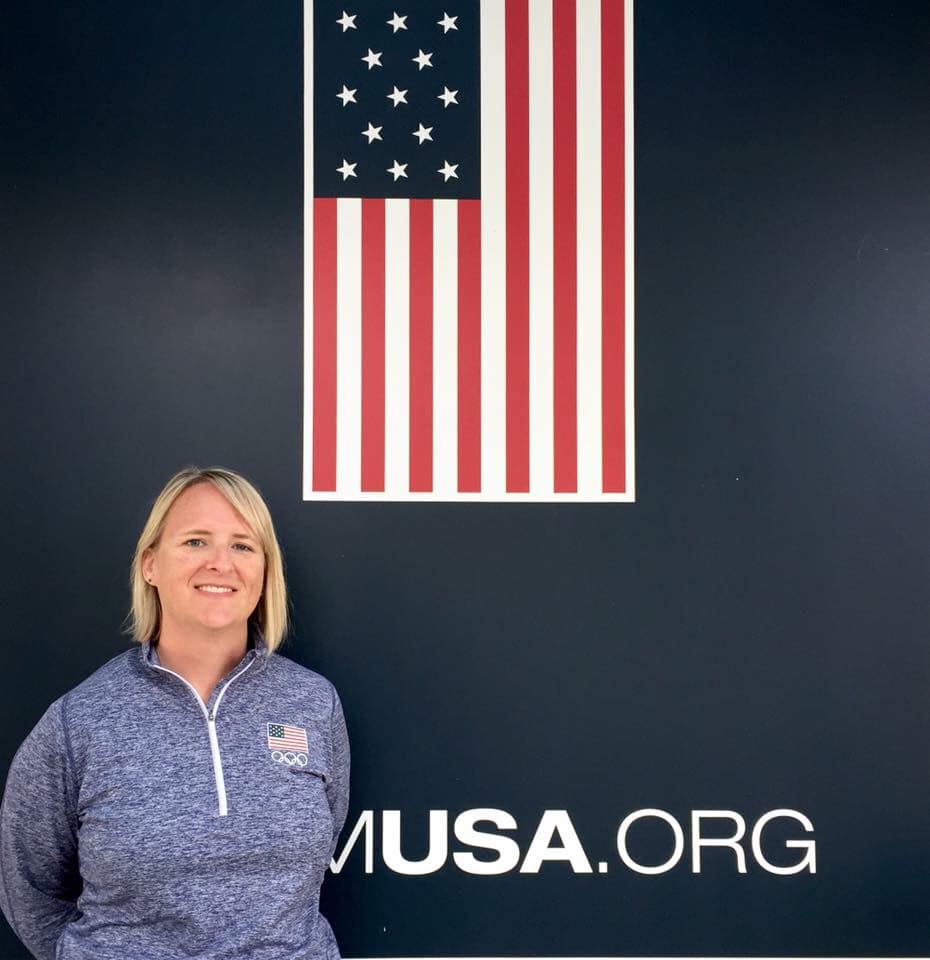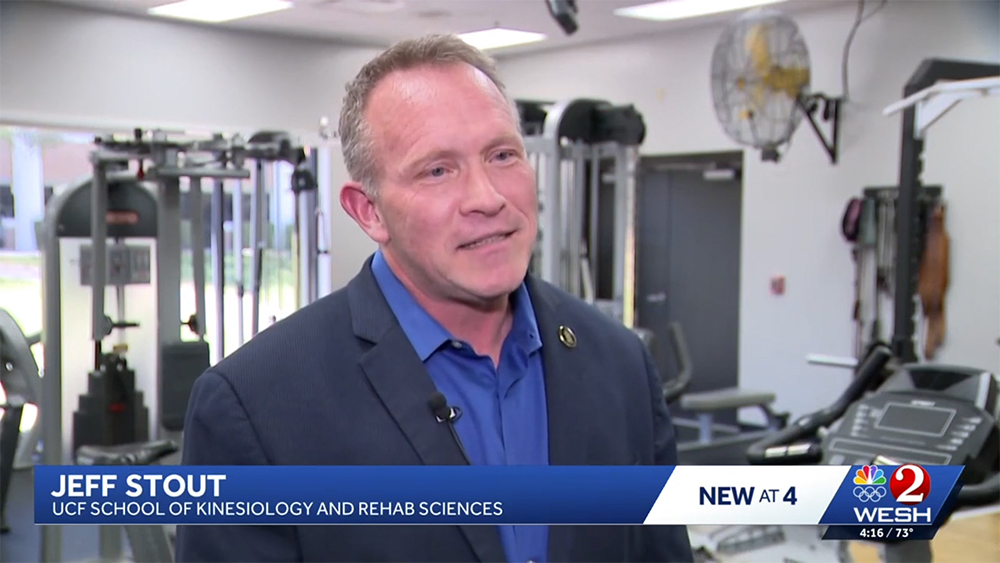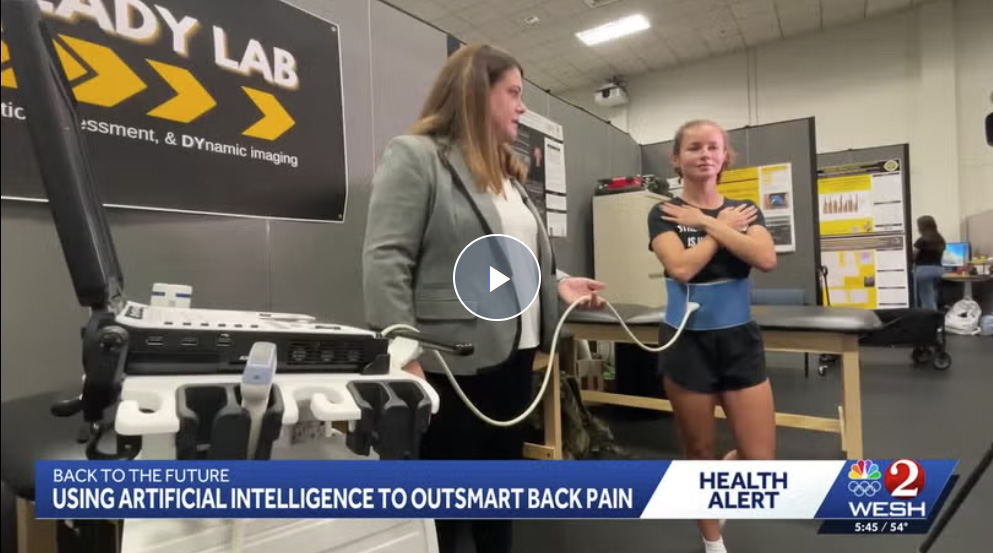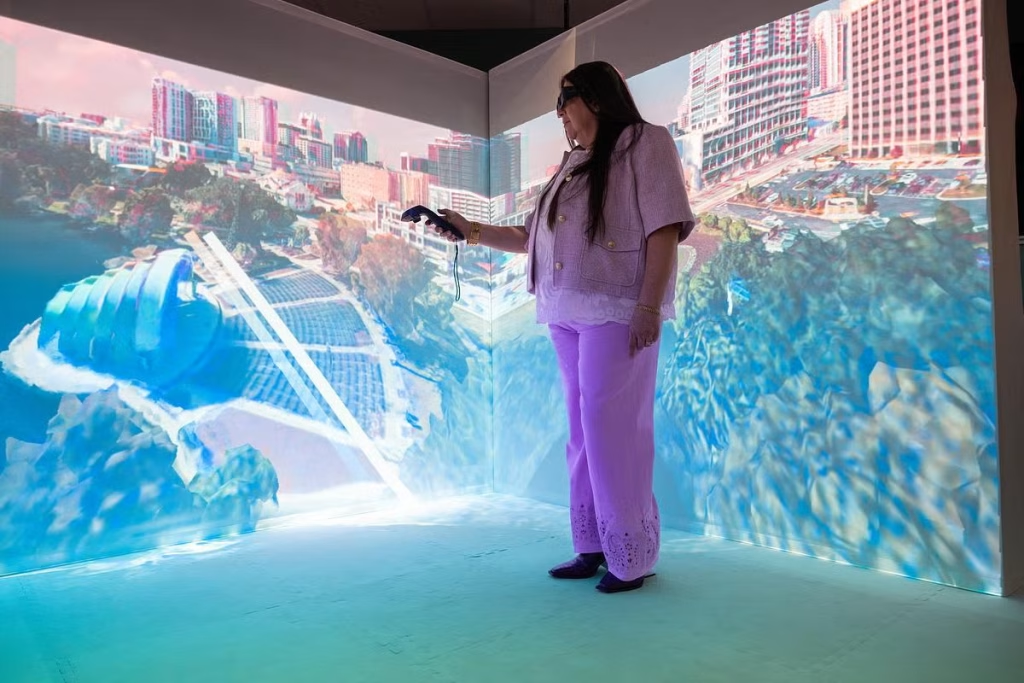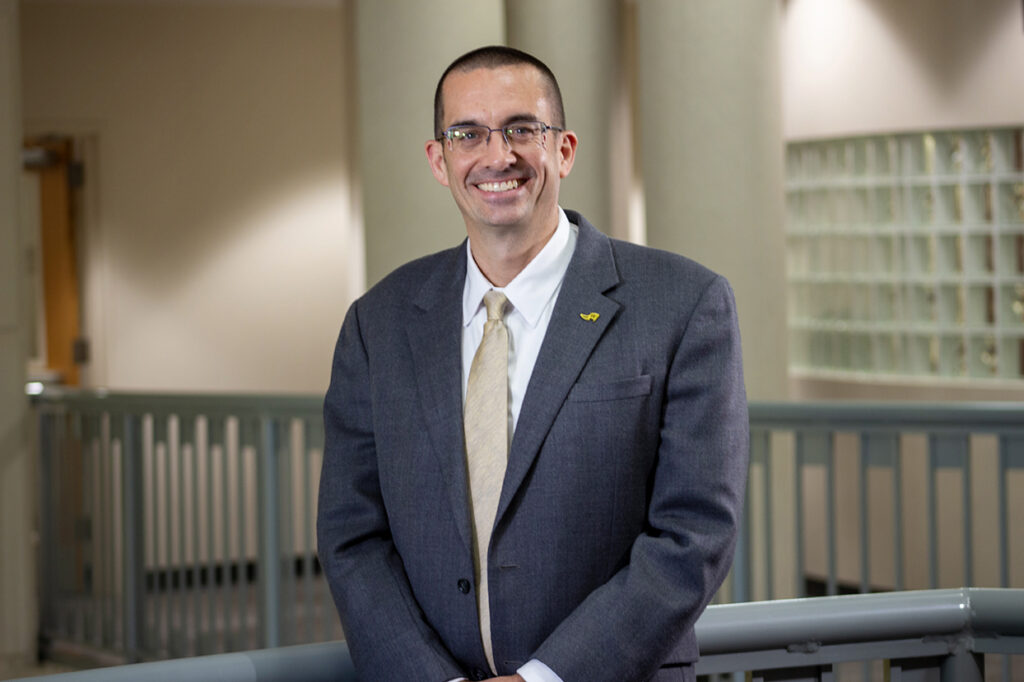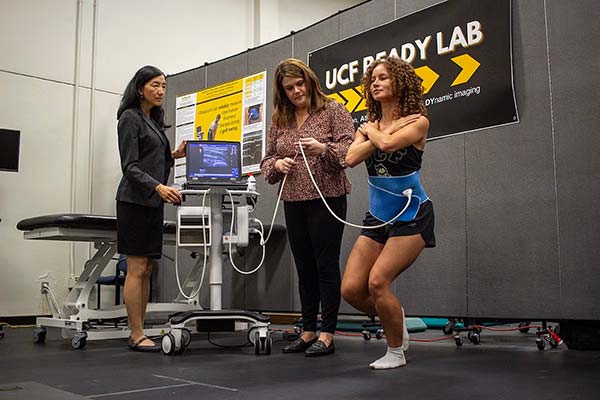Kristen Schellhase, Ed.D., program director for the UCF Athletic Training Program and interim chair for the Department of Health Professions, once again offered her expertise and time to the United States Olympic Committee (USOC) as a volunteer medical provider.
The first time Schellhase volunteered with USOC TeamUSA was in 2000 when she traveled to Chula Vista, CA, and worked with the Men’s Paralympic Soccer team and other groups that arrived at the training facility. In 2007 Schellhase again volunteered, this time with the U-21 Women’s National Basketball team. She traveled to the training facility in Colorado Springs, CO, and then went with the team to France and Russia to practice for the World University Games.
This year Schellhase went back to Chula Vista, CA, between February 28 and March 12, 2016, and had the opportunity to work with Men’s and Women’s Paralympic Track & Field, Men’s and Women’s Rowing, Men’s Field Hockey, and Men’s and Women’s BMX. While there she lived in the residence with the other volunteers, ate in the dining hall, and worked in the sports medicine clinic. Schellhase was inspired by Paralympic athletes. She found the visually impaired athletes participating in track and field events amazing. To stay on the track, the sprinters run with a partner who not only has to match their speed and distance but their body motions as well. Sprinters hands are tethered to their partners by a few inches of string. Unless they move in perfect harmony, they lose.
“When the average person thinks of Paralympics, the first thing that often comes to mind is amputee or wheelchair sports,” said Schellhase, “but it is so much more than that.” There are 10 impairment types that are identified as eligible for Paralympics: impaired muscle power, impaired passive range of movement, limb deficiency, leg length difference, short stature, hypertonia, ataxia, athetosis, visual impairment, and intellectual impairment. Each Paralympian may have their own unique situation, but they all have one thing in common – the drive to win.
According to their web site, the USOC Sports Medicine teams depend on medical volunteers at each of their three facilities to help provide services to TeamUSA elite athletes. Volunteers include athletic trainers, chiropractors, massage therapists, physical therapists, and physicians. The environment is a collaborative one with the various disciplines coming together to provide multi-disciplinary care for these amazing athletes. When asked why she keeps going back as a volunteer every few years, Schellhase said it provides her the opportunity to keep her clinical skills up-to-date with the wide variety of medical situations, it allows time to learn and share with other medical professionals, and it rejuvenates her commitment the profession of athletic training.
